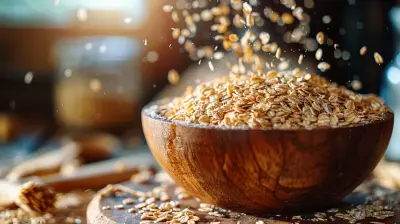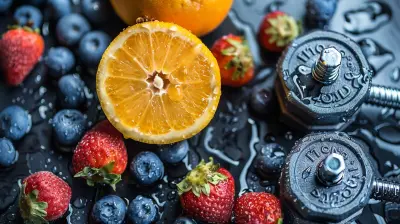The Importance of Electrolytes in a Low Carb Diet
27 May 2025
Introduction
So, you've dived headfirst into the low-carb lifestyle—good for you! Whether you're going keto, paleo, or just cutting down on carbs, you're probably feeling pretty great (or at least hoping to). But wait… why do you suddenly feel drained, dizzy, or even downright miserable?
The culprit? Electrolytes—or rather, the lack of them. Electrolytes are like the oil in your car’s engine: they keep everything running smoothly. When you cut carbs, your body flushes out more water, and with that water go essential electrolytes. This can lead to what’s commonly known as the keto flu or just a general feeling of "blah."
But don’t worry! In this guide, we'll break down exactly why electrolytes matter in a low-carb diet and how you can keep your body balanced and thriving. 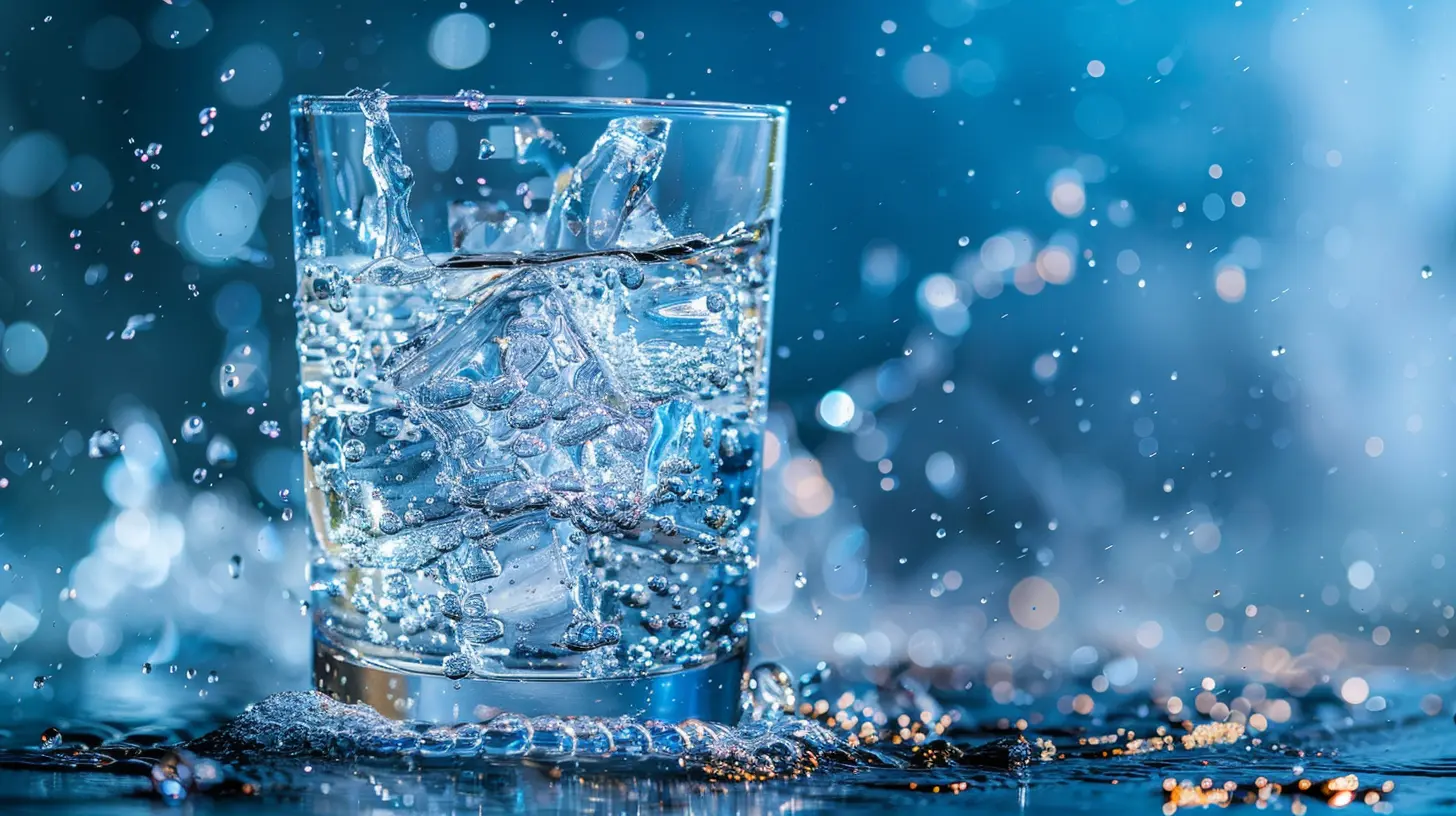
What Are Electrolytes, and Why Do They Matter?
Electrolytes are minerals that carry an electric charge, helping your body function properly. They play a crucial role in:- Balancing fluids
- Maintaining nerve function
- Supporting muscle contractions
- Regulating blood pressure
The main electrolytes you need to keep an eye on are:
- Sodium (Na+): Helps retain water and maintain nerve function.
- Potassium (K+): Crucial for heart and muscle function.
- Magnesium (Mg2+): Supports muscle relaxation, nerve function, and energy production.
- Calcium (Ca2+): Important for bone health and muscle movement.
When you slash carbs, your insulin levels drop, signaling your kidneys to flush out excess water and, along with it, these vital minerals. If you don’t replenish them, you'll start to feel sluggish, crampy, and just... off.
Now, let’s take a closer look at each of these electrolytes and how they affect your low-carb journey. 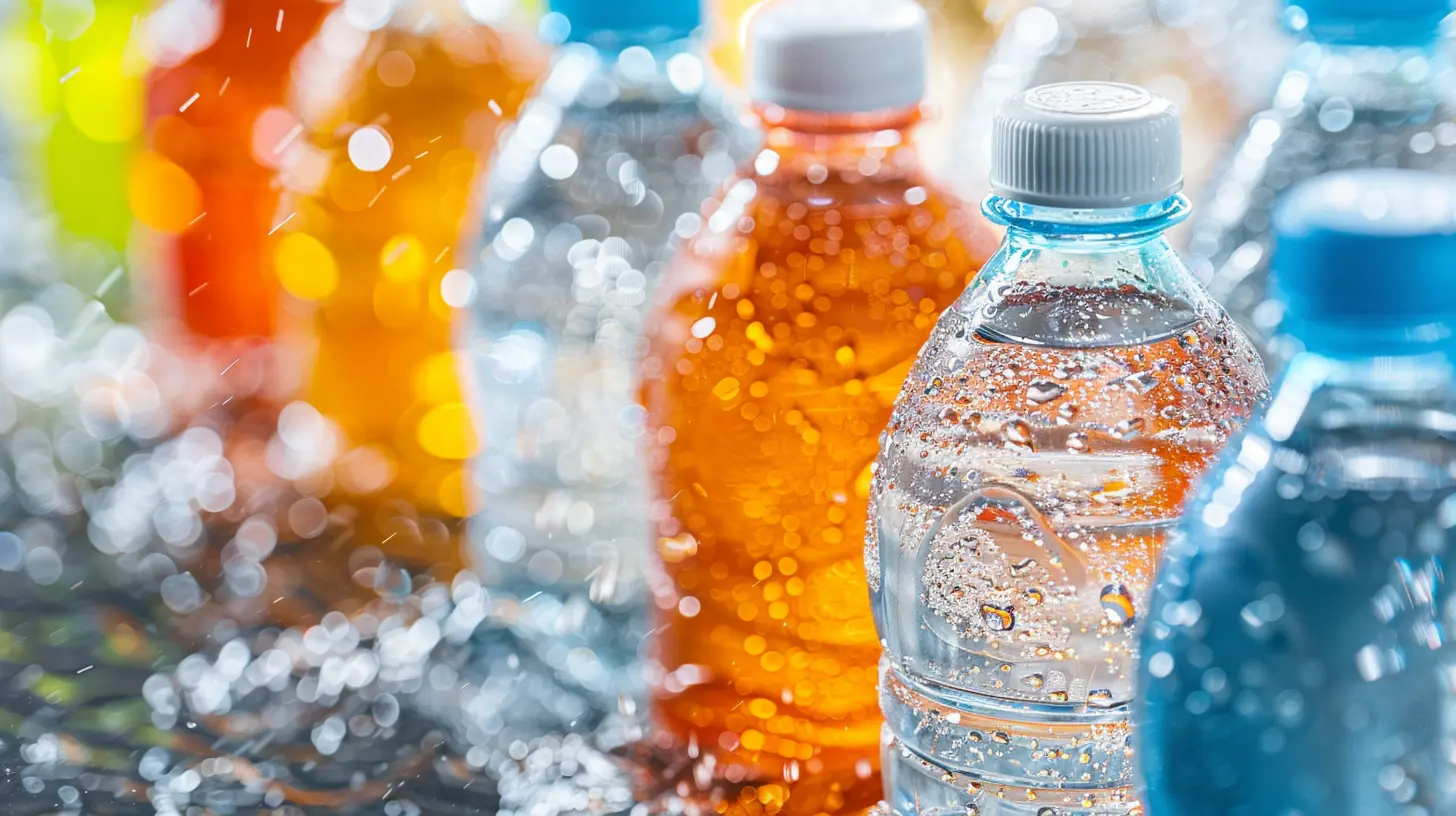
Sodium: The King of Electrolytes
Why Sodium Is Essential
Contrary to what you've been told for years, sodium isn’t the enemy—especially on a low-carb diet. When you cut carbs, your body excretes more sodium, leading to dehydration and fatigue. This loss of sodium is a major reason why people feel awful in the first few days of a low-carb diet.Symptoms of Low Sodium
- Dizziness and headaches- Fatigue
- Muscle cramps
- Low energy levels
How to Replenish Sodium
Bringing sodium back into your diet is simple:- Add sea salt or Himalayan salt to your meals.
- Drink bone broth or salted water (yes, really).
- Eat sodium-rich foods like pickles, olives, and salted nuts.
A little extra salt can be a game-changer when it comes to fighting the dreaded keto flu! 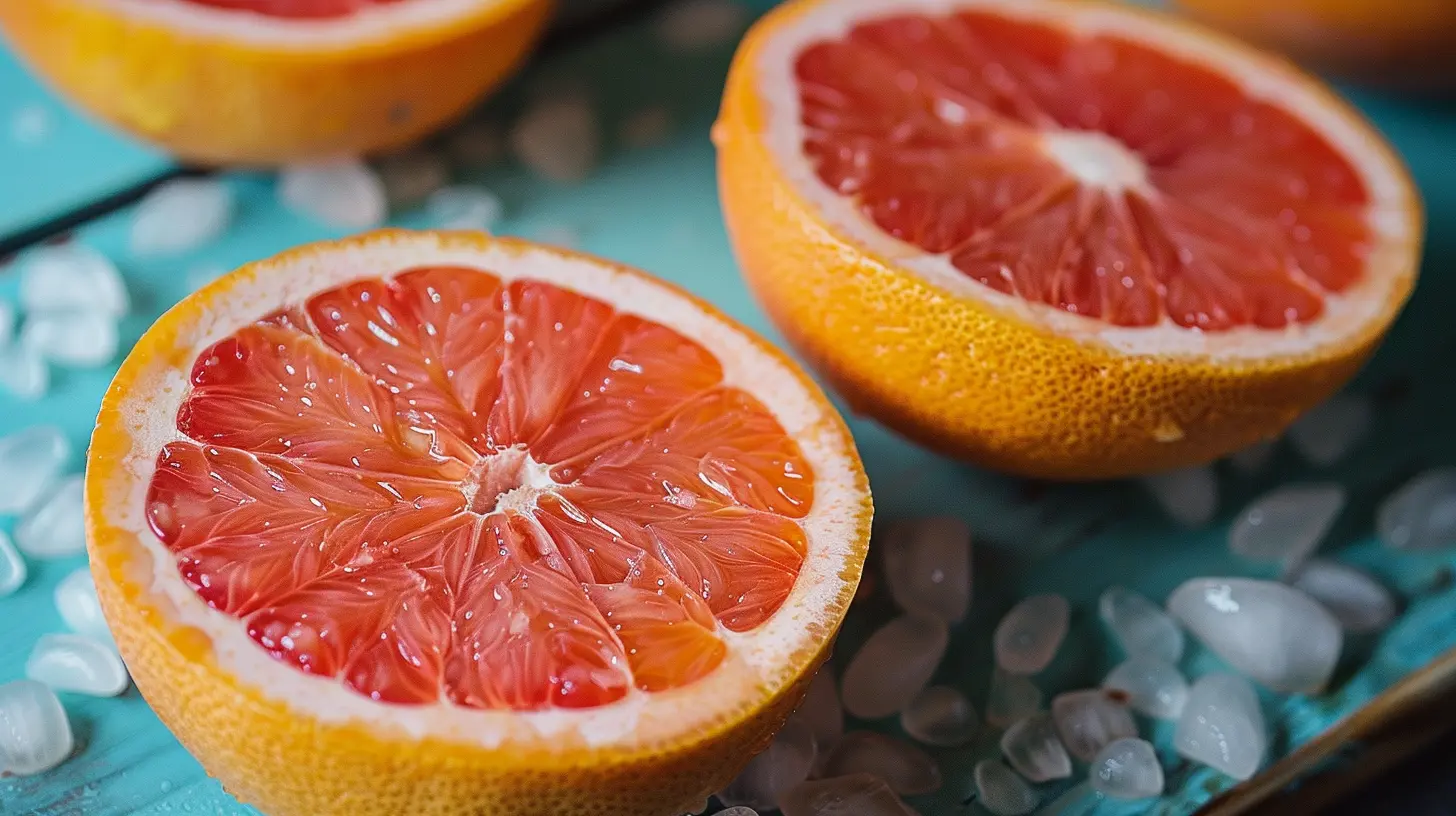
Potassium: The Heart’s Best Friend
Why Potassium Is Essential
Potassium is crucial for heart function, muscle contractions, and nerve signals. When it’s too low, you might experience:- Muscle weakness
- Irregular heartbeat
- Fatigue
- Leg cramps
How to Get More Potassium
If you want to keep your potassium levels in check while staying low-carb, add these foods to your diet:- Avocados (potassium powerhouse!)
- Leafy greens (spinach, kale, and Swiss chard)
- Mushrooms
- Salmon and tuna
- Nuts like almonds and pecans
Unlike sodium, potassium is a bit trickier to replenish, but with a balanced diet, you’ll be just fine. 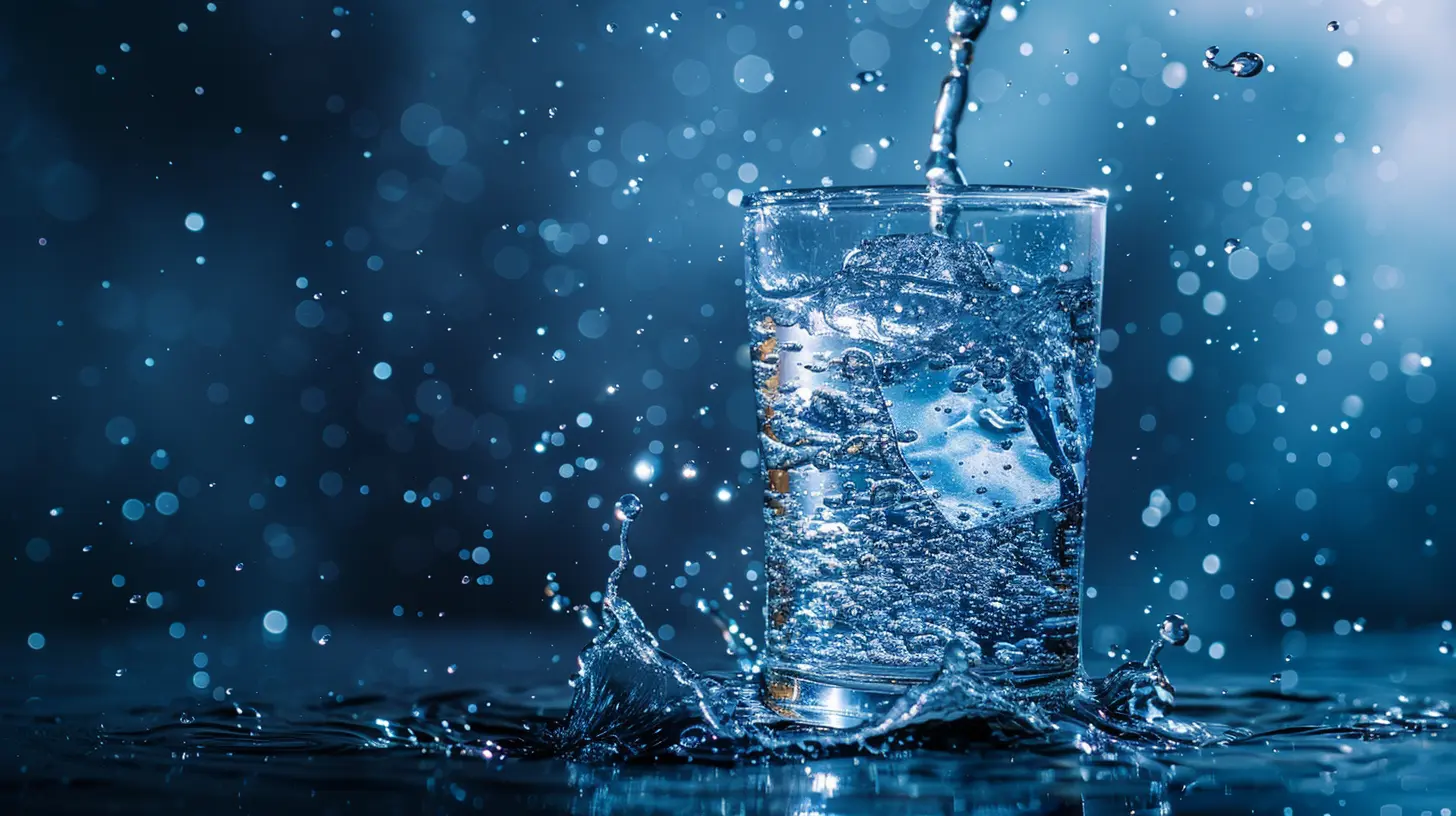
Magnesium: The Anti-Stress Mineral
Why Magnesium Is Essential
Magnesium is often overlooked, but it plays a massive role in nerve function, muscle relaxation, and energy production. It also helps with stress and sleep—two things we all need more of!Symptoms of Low Magnesium
- Muscle cramps or twitching- Trouble sleeping
- Anxiety and irritability
- Headaches
- Constipation
How to Get More Magnesium
To prevent these annoying symptoms, up your intake of these magnesium-rich foods:- Dark chocolate (yes, really!)
- Pumpkin seeds
- Almonds and cashews
- Spinach and kale
- Fatty fish like mackerel and salmon
If you’re struggling to get enough through food, consider a magnesium supplement—just make sure it’s a well-absorbed form like magnesium glycinate or magnesium citrate.
Why Losing Electrolytes Can Make You Feel Miserable
Ever heard of the keto flu? It's not actually the flu, but it sure feels like it. The symptoms—fatigue, headaches, nausea, muscle cramps—are largely due to electrolyte imbalances.When you cut carbs, your body stops holding onto as much water, and this rapid fluid loss strips your body of these essential electrolytes. The result? You feel sluggish, dizzy, and maybe even a little grumpy.
Luckily, rebalancing your electrolytes can help you avoid this miserable phase altogether!
How to Maintain Electrolyte Balance on a Low-Carb Diet
Alright, so now that we know why electrolytes matter, how do we actually keep everything in balance? Here are some simple strategies:1. Drink More (But Not Just Water!)
A low-carb diet flushes out water, so staying hydrated is key. But plain water isn’t enough—you need to replenish your lost electrolytes as well. Try:- Electrolyte drinks with added minerals
- Bone broth
- Water with a pinch of sea salt
2. Season Your Food Well
Ditch the fear of salt! Low-carb diets naturally lower inflammation and blood pressure, so extra sodium is actually beneficial.3. Eat Electrolyte-Rich Foods
Make sure to stock up on potassium and magnesium-rich foods like avocados, leafy greens, nuts, and fatty fish.4. Consider Supplements
If you're still struggling, electrolyte supplements can be a lifesaver. Look for ones that include a good balance of sodium, potassium, and magnesium.Myths About Electrolytes and Low-Carb Diets
There’s a lot of misinformation about electrolytes and low-carb diets, so let’s bust some myths:Myth 1: "You Don’t Need Extra Salt on Keto"
Wrong! Cutting carbs reduces your body's ability to retain sodium, making it crucial to up your intake.Myth 2: "Electrolyte Imbalances Only Happen to Athletes"
Nope! Anyone following a low-carb diet is at risk, not just marathon runners.Myth 3: "Drinking More Water Alone Will Fix Everything"
Water is important, but without electrolytes, you could actually make the imbalance worse!Final Thoughts
Electrolytes might not be the first thing on your mind when starting a low-carb diet, but they’re absolutely essential for feeling your best. By keeping your sodium, potassium, and magnesium levels in check, you can avoid the annoying symptoms of keto flu, maintain your energy, and keep your body functioning like a well-oiled machine.So, don't be afraid of salt, load up on potassium-rich foods, and maybe even treat yourself to some dark chocolate for that magnesium boost. Your body will thank you!
all images in this post were generated using AI tools
Category:
Low Carb DietAuthor:

Holly Ellison
Discussion
rate this article
3 comments
Naya Whitley
This article highlights a critical aspect of low-carb diets. Understanding and maintaining electrolyte balance is essential for overall health and well-being, especially when making significant dietary changes. Great insights!
June 18, 2025 at 5:03 AM

Holly Ellison
Thank you for your thoughtful comment! I'm glad you found the insights on electrolyte balance helpful for low-carb diets.
Piper Wood
Electrolytes play a crucial role in maintaining fluid balance, nerve function, and muscle contractions, especially on a low carb diet. As carbohydrate intake decreases, the body excretes more electrolytes. It’s essential to replenish them to support overall health and avoid potential deficiencies.
June 7, 2025 at 3:55 AM

Holly Ellison
Thank you for highlighting the vital role of electrolytes! Maintaining proper levels is indeed crucial for overall health on a low-carb diet.
Daniella Bishop
Great article! It's eye-opening to understand how crucial electrolytes are in a low carb diet. I appreciate the practical tips shared for staying balanced and energized. Thank you!
June 6, 2025 at 2:43 AM

Holly Ellison
Thank you for your kind words! I'm glad you found the article helpful and informative. Staying balanced is key!
